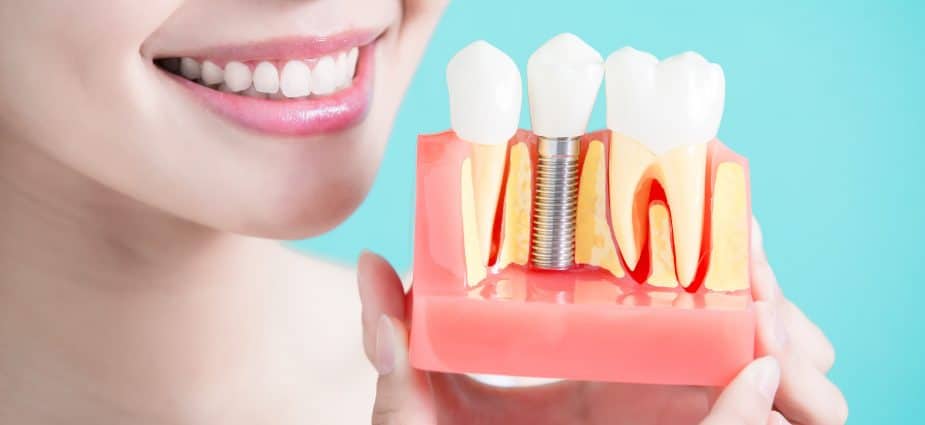In the contemporary world, many people are still losing their teeth to dental complications, even with improved dental care. However, issues such as gum disease, tooth decay, or injury should not become a major dental issue with the available contemporary solutions. Should any of these happen, and you feel confused about which tooth replacement is the best fit for you, know that you are not alone. People around the globe are still torn between choices available as missing tooth replacements. Among the significant solutions are bridges, dental implants, and dentures. It is prudent to get all the facts about these three dental solutions before deciding to obtain any of them. Here is some information that you should have at your fingertips.
Dental Bridges
Bridges are mainly used when a patient has a missing tooth. The gap is closed with a dental bridge, which is in the form of a false tooth (also called a pontic). The abutment teeth hold the bridges in position on either side of the gap. Any dentist in Millwoods will let you know that bridges are typically made from porcelain to appealingly blend in with natural teeth. Below are different types of dental bridges.
-
Traditional Bridges – these are the most popular types of dental bridges. They are used when you have natural teeth or implants on either side of the space left by your missing tooth.
-
Cantilever Bridges – dentists use cantilever bridges when there is only one anchor tooth available to support the missing tooth or teeth.
-
Maryland Bridges – this type of bridge is designed with plastic teeth – similar to gum material, which is fortified by a metal frame.
-
Implant-Supported Bridges – a dentist surgically embeds tiny biocompatible implants made of titanium in a patient’s jawbone to replace every missing tooth.
Dental Implants
A dental implant comprises a titanium post that acts as a tooth root and a crown that looks like a real tooth crown. Dentists surgically position the titanium root into the jawbone beneath the gum line before placing the crown. When you are looking for dental implants in Millwoods, here are the two common types you are likely to come across.
-
Endosteal implants – Once the implant is surgically implanted directly into the jawbone and the surrounding gum tissue has healed, a second surgery is done to connect the artificial tooth.
-
Subperiosteal implants – These implants consist of a metal frame that the dentist fits into the jawbone just below the gum tissue. When the gum heals, the crown part is fixed on the implant.
Dentures
Dentures are the miracle worker in restoring a beautiful smile, especially for people who have lost one tooth or more. A denture is a removable prosthetic device that dentists use to replace missing teeth. In most cases, dentures can be partial to replace a few missing teeth or full to replace all teeth. If implants in Millwoods are not the best fit for your dental problem, you should try consulting the dentist and obtaining any of the following dentures.
-
Traditional complete full dentures – in most cases, this type of denture replaces all of a patient’s teeth. They are attached on top of the gums as opposed to dental bridges that are anchored to existing teeth.
-
Partial dentures – these dentures can be unclipped and removed when need be. This helps a patient feel more confident if you are missing a small number of teeth.
-
Immediate dentures – these dentures are typically placed on the same day that natural and undesired teeth are removed.
-
Implant-supported dentures –for this type of denture, a dental implant is put in place to support the denture securely.
-
Over-denture – an over-denture is mainly made to fit over existing teeth or roots. They are sometimes fitted over dental implants.
Do not hesitate to call us at Dental Elements for more information about bridges, implants, or dentures. We will give you tips that may lead you to make the best decision about obtaining any of the three dental solutions.

